Beactica participates selectively in large-scale research initiatives. This enables the Company to be an active part in opening up new frontiers in the field as well as to train the next generation of drug hunters. These activities are essential to the future of the sector as well as to Beactica’s growth.
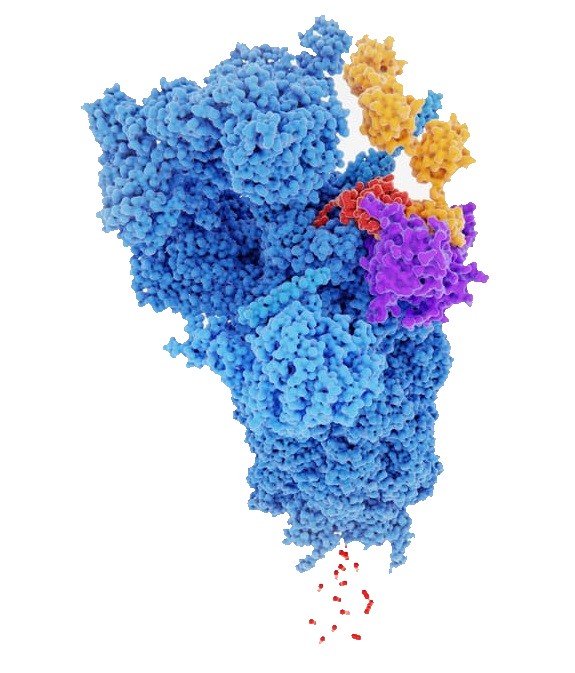
UbiMotif
Beactica Therapeutics participates in a Marie Curie Innovative Training Network (ITN) called UbiMotif that aims to deliver 15 skilled early-stage researchers in the area of targeted protein degradation, an emerging field predicted to revolutionize how “undruggable” proteins can be targeted in diseases such as cancer and neurodegeneration.
UbiMotif consists of nine academic beneficiaries (Copenhagen University, Institute of Molecular Biology Mainz, ETH Zürich, Uppsala University, Hebrew University of Jerusalem, Institute of Cancer Research ICR, Sapienza University of Rome, University of Dundee and University of Tartu) and two industrial beneficiaries (Beactica Therapeutics and GlaxoSmithKline). The FRAGNET project was active 2019–2024.
Learn More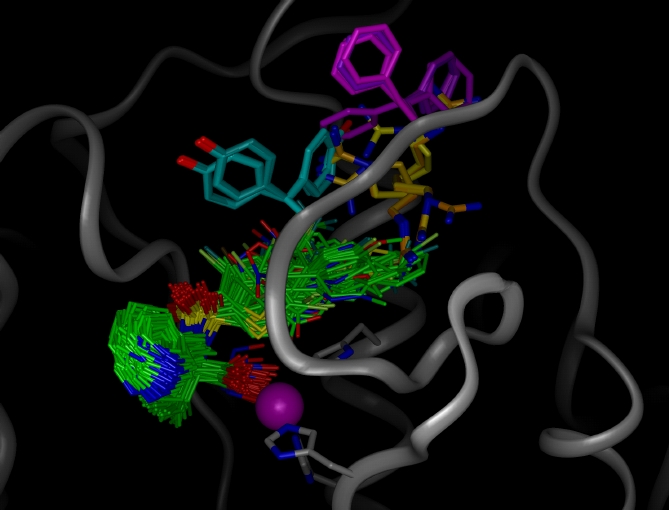
FRAGNET
Beactica participates in this initial training network (ITN) that aims to deliver 15 skilled early-stage researchers in the field of fragment-based lead discovery (FBLD). The FRAGNET network is composed of eight academic beneficiaries (VU University Amsterdam, University of York, Hungarian Academy of Sciences, Universitat de Barcelona), four industrial beneficiaries (Beactica, Novartis, Vernalis, Zobio) as well as five partner organizations (GSK, Roche, Servier, IOTA, 24 Media Labs). The FRAGNET project was active 2016–2019.
Learn More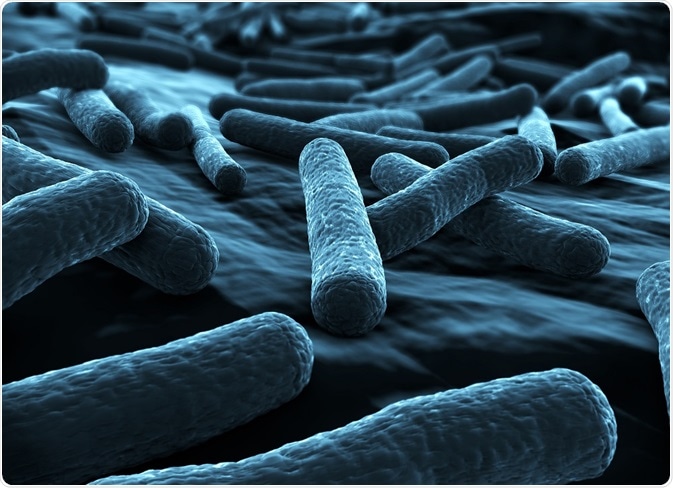
ENABLE
Beactica participates in this European research initiative to create a large drug discovery platform with the aim to identify novel gram negative antibacterial substances. The ENABLE project was active 2014–2021.
Learn More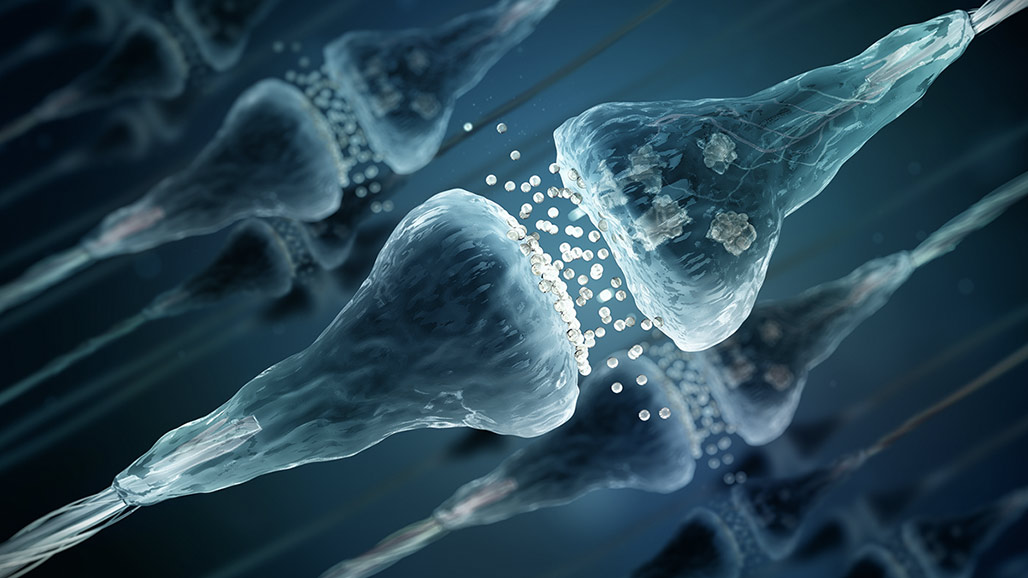
SynSys
Beactica participated in this European expertise network that focused on molecular analysis and dynamic modelling of synapse function. The aim was to generate a blueprint for the discovery of novel pathways and targets that enable rational strategies to design therapies for human brain disease. The SynSys project was active 2010–2014.

BrainTrain
Beactica participated in this initial training network, ITN, that builds on our knowledge of genome information and aims to develop a new generation of neuroscientists, contributing to the fight against brain disorders. The BrainTrain project was active 2011–2014.
Learn More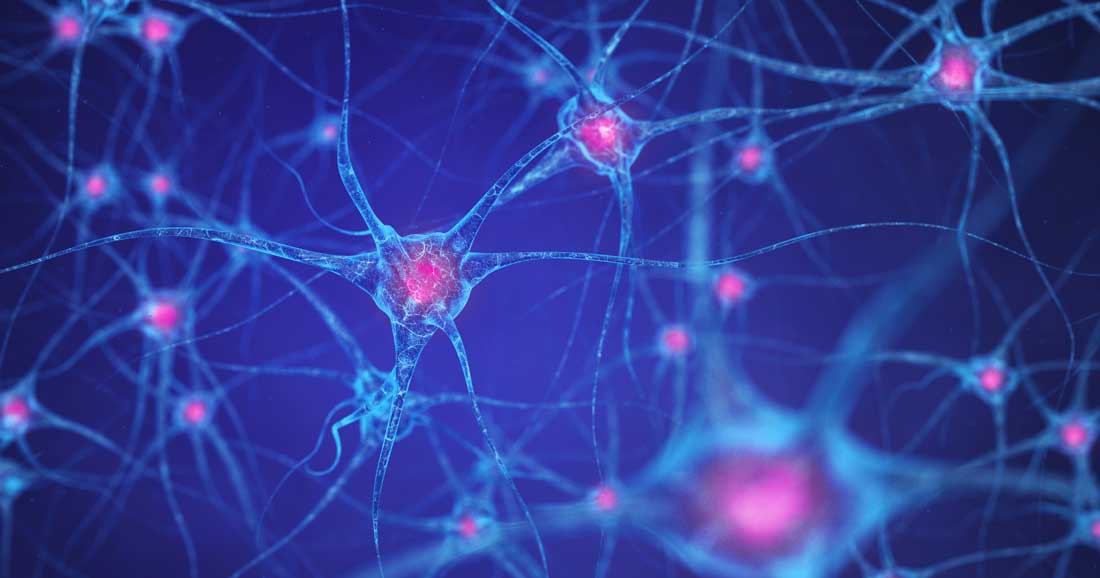
NeuroCypres
Beactica participated in this collaborative large-scale integrating project with a role to discover new classes of drugs targeting Cys-loop receptors, a superfamily of ligand-gated ion channels. The NeuroCyprres project was active 2008–2012.
Learn MoreStay Updated
Sign up for the Beactica newsletter to receive our latest news and updates
